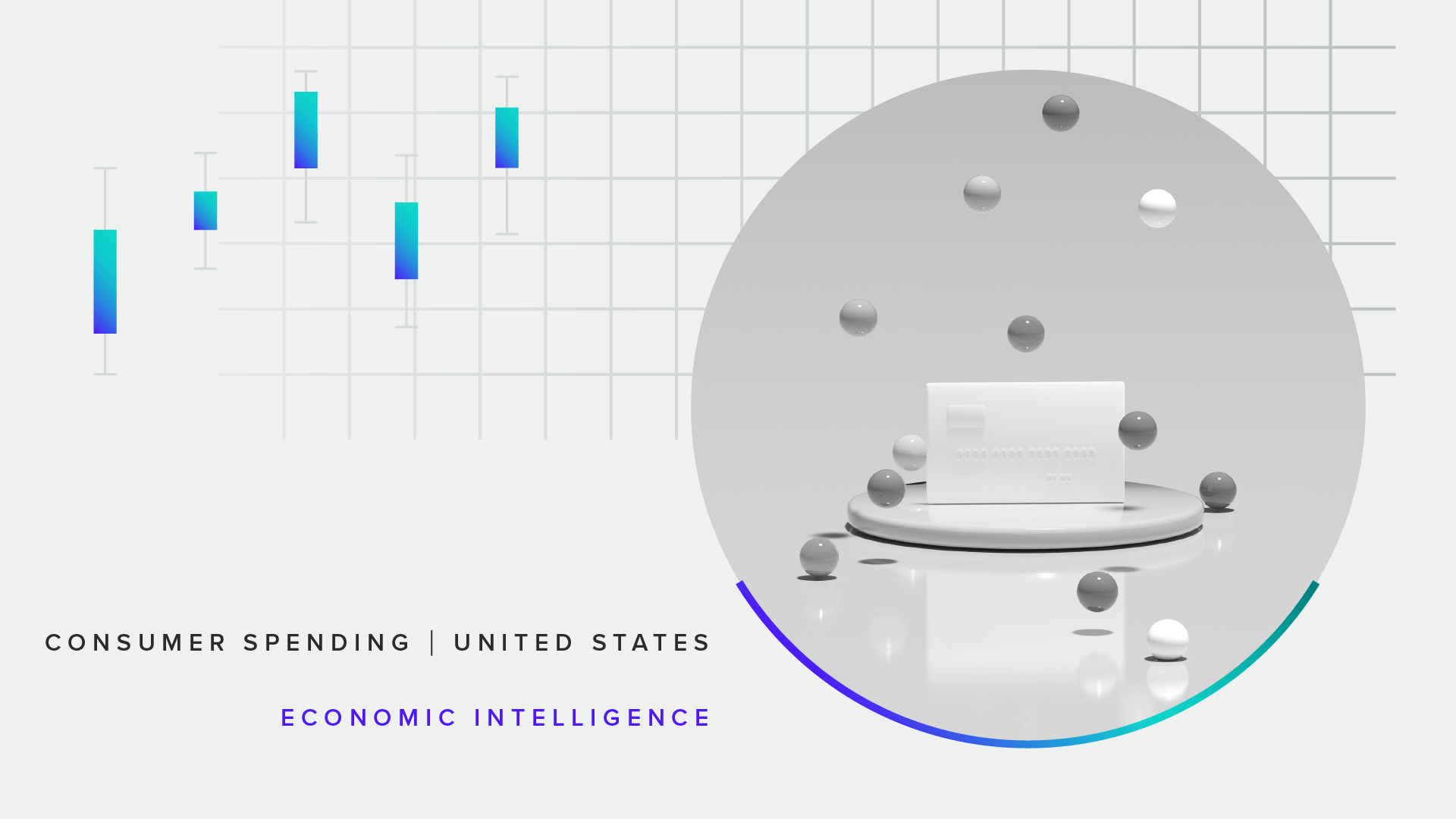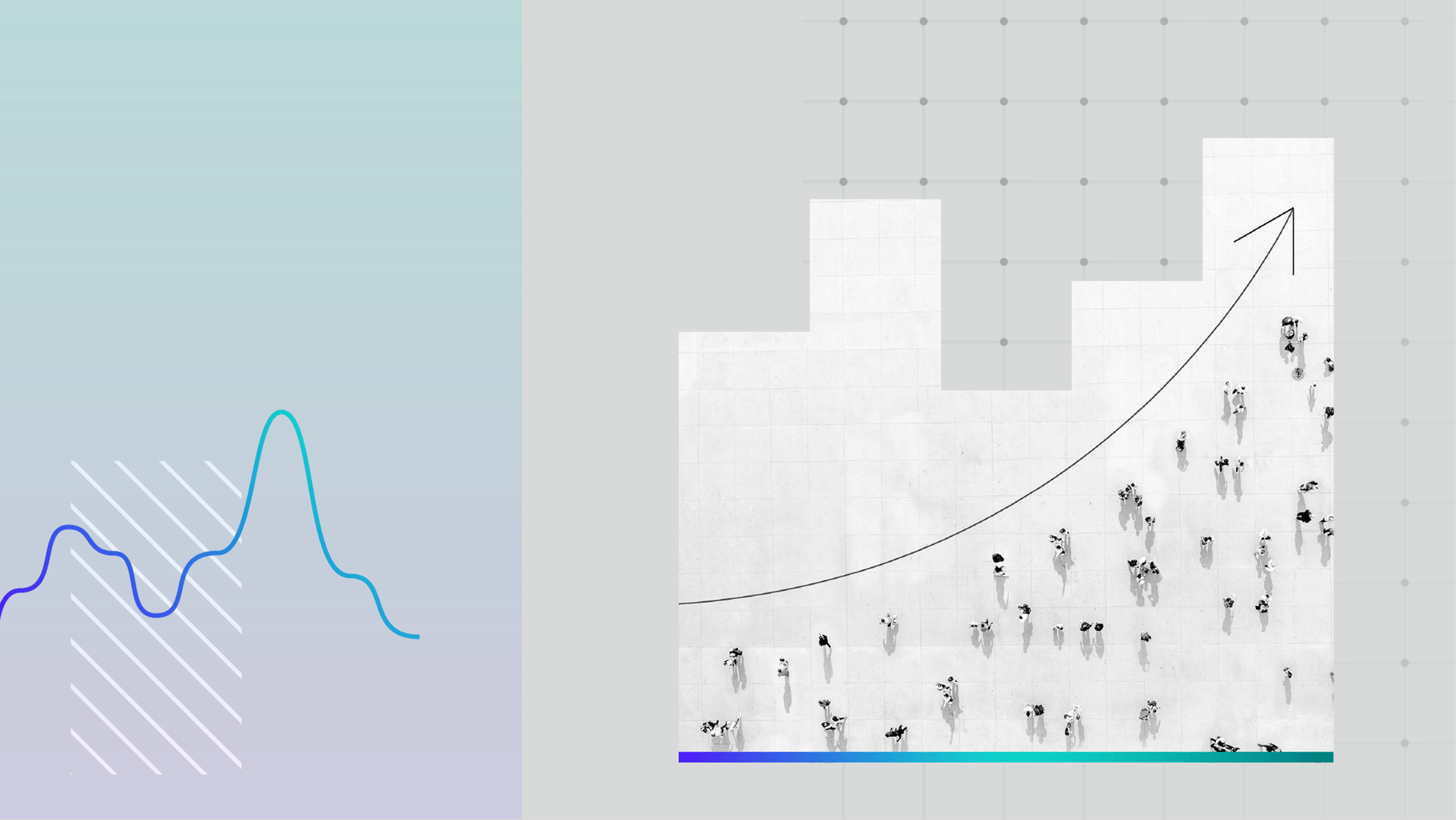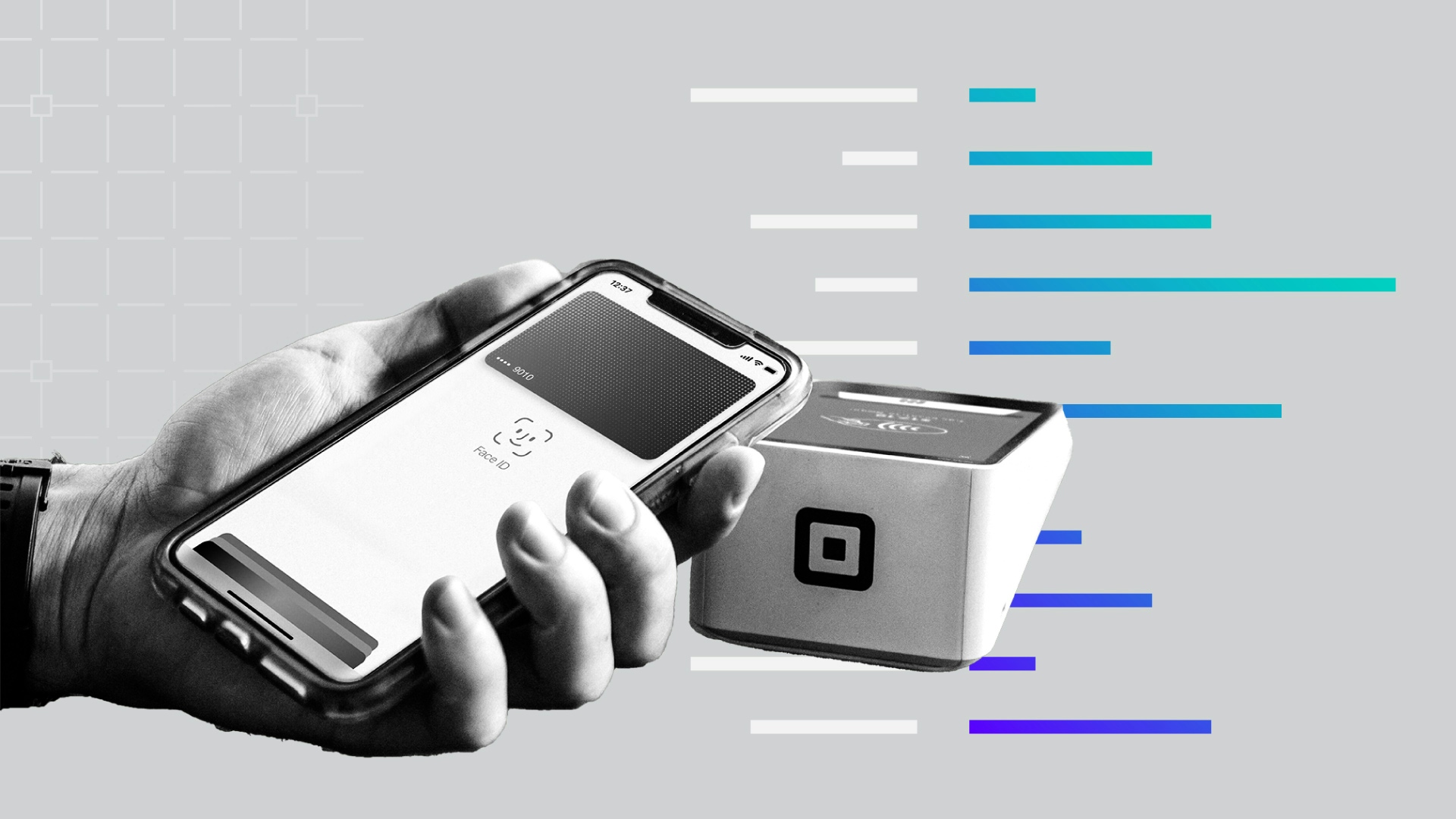Quarterly Survey of Household Emergency Expenses and Decisionmaking
Morning Consult surveys approximately 10,000 U.S. adults each quarter on their households’ capacity to absorb emergency expenses and related economic decisions. The first section of the survey replicates questions from the Dealing With Unexpected Expenses section of the Federal Reserve’s annual Survey of Household Economics and Decisionmaking, which poses hypothetical questions on how consumers would respond to an emergency expense. The second section of Morning Consult’s survey focuses on actual outcomes reported by consumers who experienced emergency expenses, allowing for comparison between theoretical and observed behaviors.
Key Takeaways
U.S. consumers were less confident in their ability to cover emergency expenses with cash in the third quarter of 2025 compared to the previous quarter.
At 49%, U.S. adults who can cover emergency expenses with cash remain lower than 2024Q3 (52%) but higher than 2023Q3 figures (46%). All income cohorts saw their share for ability to pay with cash drop relative to the 2025Q2.
The perceived ability to cover emergency expenses with cash declined across all regions, ethnicities, and community demographics, as well as income levels. Among the different generations, only baby boomers maintained their level of confidence in being able to cover emergency expenses with cash.
Despite a consistently more pessimistic outlook on the ability to pay for emergency expenses with cash, some individuals who actually faced an emergency expense between $200 and $600 were able to cover it with cash or an equivalent at a higher rate compared to the previous quarter.
Data Downloads
Pro+ and Economic Intelligence subscribers are able to download the datasets that underpin this report and analysis. Contact us to get access.
Historical revision
The history from 2024Q3 onwards have been revised to include weights on health coverage, Medicare coverage, and SNAP benefit status in addition to regular weighting variables: age, gender, race, educational attainment, region, gender by age, race by educational attainment. Please contact our team if you would like to know more about the changes.
Ability to Cover an Emergency Expense With Cash (Hypothetical)
Actual Emergency Expense Paid With Cash
Source of This Data
Methodology
The Morning Consult Quarterly Survey of Household Emergency Expenses and Decisionmaking relies on data collected through Morning Consult’s proprietary survey research capabilities. The interviews were conducted online in July 11 - July 17, 2025, and the data is weighted on age, gender, race, educational attainment, region, gender by age, race by educational attainment, health coverage, Medicare coverage, and SNAP benefit status. Results from the full survey have a quarterly sample size of 10,028 U.S. adults and an unweighted margin of error of +/- 1 percentage point.
“Cash and cash equivalent” includes paying with cash, with money in a checking/savings account or putting the expense on a credit card and paying it in full at the next statement. “Noncash equivalent” includes putting the expense on a credit card and paying it off over time, using money from a bank loan or line of credit, borrowing from a friend or family member, selling something, or using a payday loan, deposit advance or overdraft.
About Morning Consult
Morning Consult is a global decision intelligence company changing how modern leaders make smarter, faster, better decisions. The company pairs its proprietary high-frequency data with applied artificial intelligence to better inform decisions on what people think and how they will act. Learn more at morningconsult.com.
Email [email protected] to speak with a member of the Morning Consult team.
Email [email protected] to speak with a member of the Morning Consult team.


